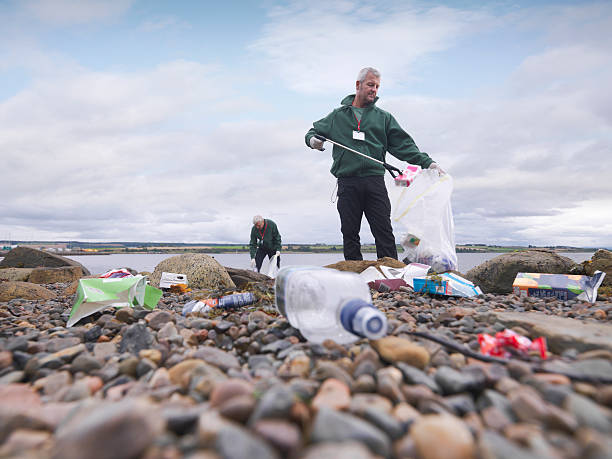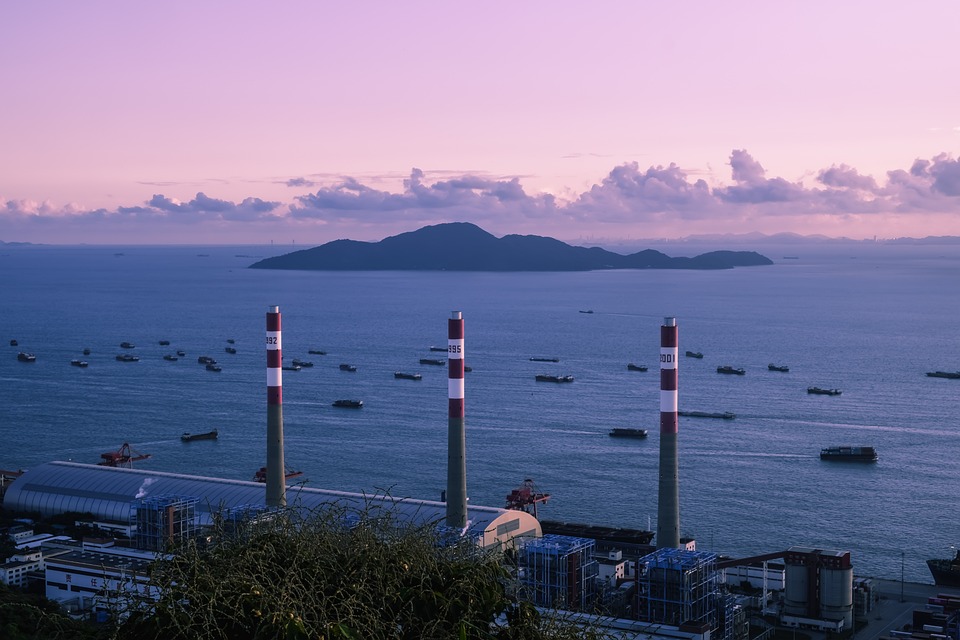A recent study delves into the intersection of marine biodiversity conservation and human health, revealing how marine protected areas (MPAs) support both environmental and societal benefits.
Conducted by the World Wide Fund for Nature, Harvard Institute of Public Health, and Duke University’s marine laboratory, the study analyzed 234 MPAs worldwide.
The results indicate that over 60% of these areas showed significant improvements in both nature conservation and human well-being.
Marine protected areas are designated by governments to conserve marine ecosystems by restricting certain human activities, such as fishing, construction, and resource extraction.
These regulations allow marine life to thrive by limiting interference, benefiting the environment and the people who rely on these ecosystems for their livelihoods.
The study highlighted that investing in MPAs has direct positive impacts on the health and economic stability of surrounding communities.
Fisherfolk in areas with sustainable fishing practices, such as hook-and-line fishing, experience increased fish stocks and higher incomes.
For small island nations, such as Palau and the Cook Islands, MPAs are crucial to sustaining fish populations, with over 95% of their catches linked to conservation efforts.

Moreover, the research emphasized the critical role of aquatic foods in improving human nutrition. Marine protected areas help replenish fish stocks, contributing to a more abundant and diverse food supply.
The nutritional value of fish, shellfish, and seaweed is especially important for coastal communities, where over 3 billion people rely on aquatic foods for essential nutrients.
The study found that MPAs already support 14% of the global supply of six key micronutrients, including vitamins and fatty acids, essential for combating malnutrition.
Although the connection between marine conservation and human health is clear, challenges remain. Effective management of MPAs is crucial, as mismanagement or inadequate protection can hinder their benefits.
Additionally, while tourism can boost income, ensuring that these gains benefit local communities requires careful planning.
However, this study suggests that, when managed well, marine protected areas can offer a sustainable path toward both ecological and nutritional resilience.

